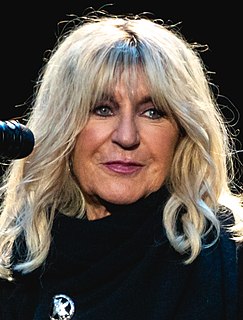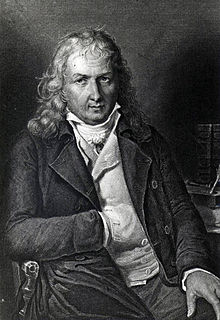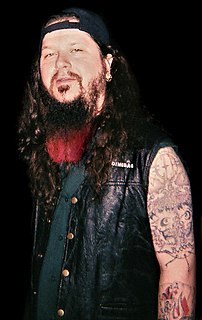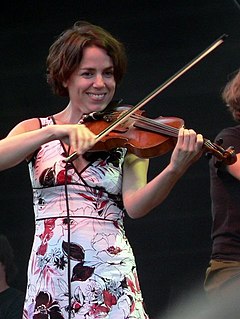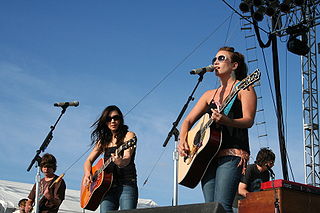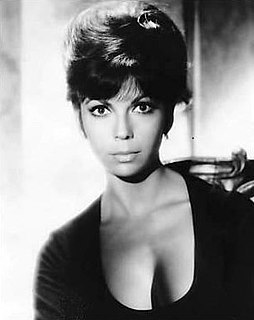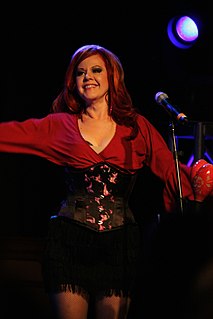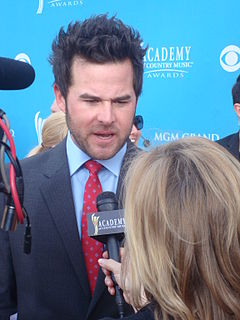A Quote by Brian May
I had this big thing about guitar harmonies. I wanted to be the first to put proper three-part harmonies onto a record. That was an achievement.
Related Quotes
I got this Christmas gift with the entire Beatles catalog. I had fun trying to duplicate what I was hearing on these records, only using the instruments I had at hand - an acoustic guitar, and that's all. It was endlessly amusing to me to try to imitate John Lennon and Paul McCartney's harmonies using the guitar.
The bass line is the anchor for me. I started with the bass, and either doubled that and then added the harmonies, or sometimes added my own harmonies that I've always wanted to sing on the song. And then it just went on from there - singing violin parts and trumpet parts and just trying to emulate the sounds of the instruments.
I would say 'Bye Bye Love' is one of my favorite influential songs to this day, and ironically, they were so in sync with their harmonies that they sounded like one person. That approach to hearing and formulating harmonies stuck in my head, so when I joined the Eagles, my ear was trained to be able to hear a vocal that way.

